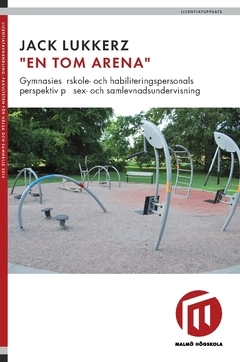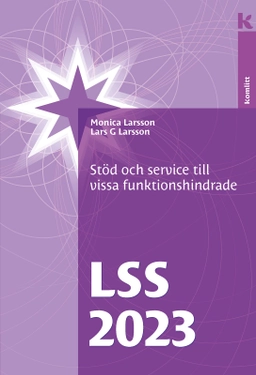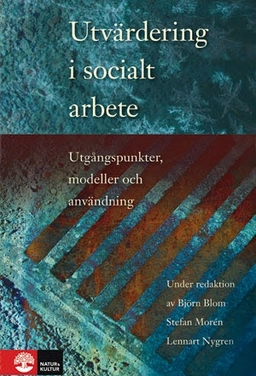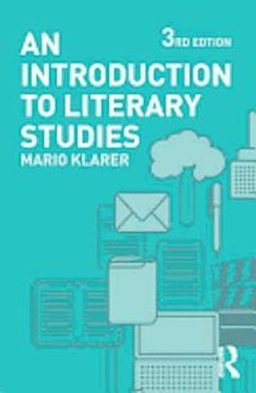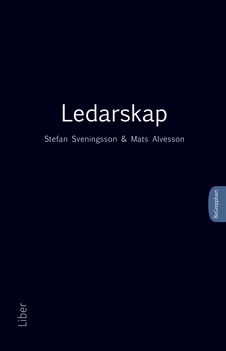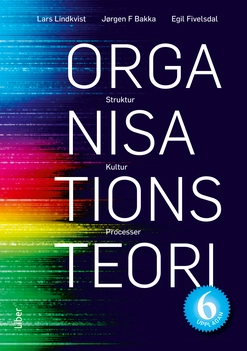Licentiatavhandling, Fakulteten för hälsa och samhälle, Malmö högskola. English abstract The overall aim is to investigate the possibilities and barriers to the implementation of sexuality education in special schools and habili-tation services in Sweden. Young people with intellectual disabilities have less knowledge about their body, sexuality and relationships compared to others. The study aims to examine attitudes to and ex-periences of sex education among staff in special schools and habili-ation services. It focuses on their view on 1) the objective of sex and relationship education, 2) sexuality, gender norms and heteronor-mativity, and 3) the staff´s own abilities to work with sexuality edu-cation. The empirical data has been collected using qualitative focus groups and analyzed on the basis of the theory of social representa-tions. The results demonstrate among other things that sexuality in young people with intellectual disabilities is mainly viewed from a risk perspective. They are attributed a responsibility to deal with sexual risks while lacking the capacity to take on this responsibility. Their sexuality is made to a different type, where the so-called nor-mal sexuality is defined as that in individuals without intellectual disabilities. Girls and lesbian, gay, bi, trans and queer people's sexu-ality is problematized more often than that of boys and heterosexual adolescents. Staff lacks training and support to work on the topic. The study shows the importance of education and support interven-tions aimed at special schools and habilitation services regarding sexuality education, which will be beneficial young people with in-tellectual disabilities. Swedish abstract Studiens övergripande syfte är att undersöka möjligheter och hin-der till att genomföra sex- och samlevnadsundervisning inom gym-nasiesärskole- och habiliteringsverksamheter. Bakgrunden är att unga med intellektuella funktionsnedsättningar har sämre kun-skaper om kropp, sexualitet och samlevnad än andra. Studien syftar till att undersöka personalens attityder till och erfarenheter av sex- och samlevnadsundervisning. Fokus ligger på 1) målsättningen med sex- och samlevnadsundervisning, 2) sexualitet, könsnormer och heteronormen, och 3) egna förutsättningar att arbeta med sex- och samlevnadsundervisning. Empirin insamlades med hjälp av kvalita-tiva fokusgrupper och analyserades med stöd av teorin om sociala representationer. Studiens resultat visar bl.a. att sexualitet hos unga med intellektuella funktionsnedsättningar främst ses ur ett riskper-spektiv. De tillskrivs ett ansvar att hantera sexuella risker samtidigt som de anses sakna förmåga att ta detta ansvar. Deras sexualitet görs till en annorlunda typ av sexualitet där den s.k. normala sexua-liteten definieras som den hos personer utan intellektuella funkt-ionsnedsättningar. Flickors och homo-, bi, -trans- och queerperso-ners sexualitet problematiseras oftare jämfört med pojkars och heterosexuella ungdomars. Personalen anser sig sakna utbildning och mandat från arbetsgivares sida att arbeta med ämnet. Studien visar på vikten av utbildnings- och stödinsatser riktade till gymnasi-esärskole- och vuxenhabiliteringspersonalen avseende sex- och samlevnadsundervisning, vilket kommer unga med intellektuella funktionsnedsättningar till gagn.
Åtkomstkoder och digitalt tilläggsmaterial garanteras inte med begagnade böcker
